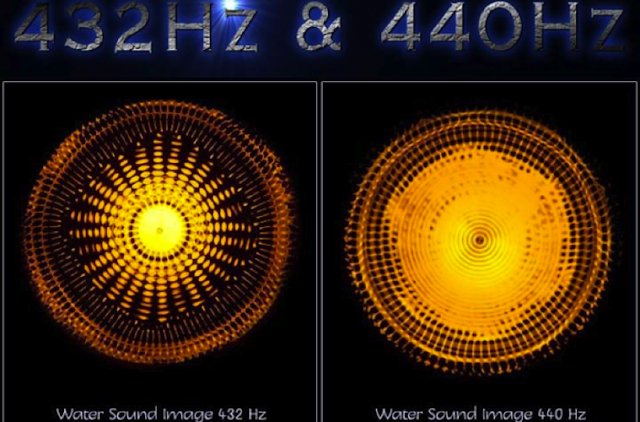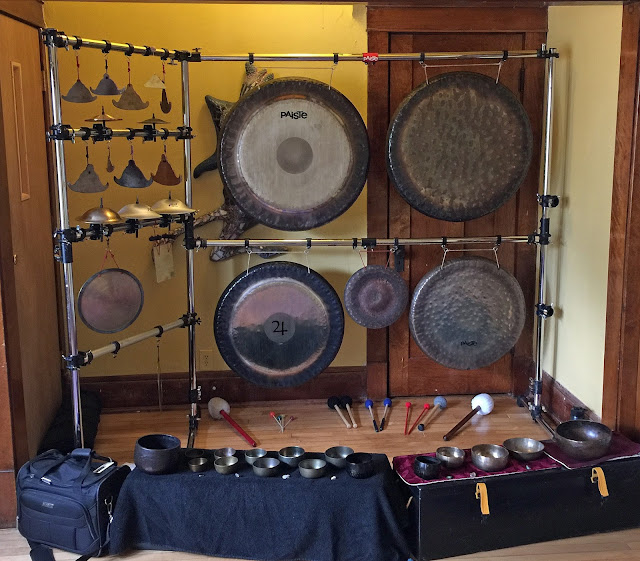Zen in the Art of Percussion
Zen (or Chán in Chinese) is a school of Mahayana Buddhism. It emphasizes meditation, especially observing both the breath and the mind. This emphasis is important, as it helps us to focus, to move inward and understand ourselves. Observing our breath also helps us put aside monkey mind and the distractions of the outside world.
Our breath is always with us as long as we are living. In many ways, it's a connection to both the world and beyond. By observing our breath, we can both sense and experience our connection to the world, to the nature around us. So to in observing the sounds we make. In many ways they are just like breathing. Breathing with sound.
The sounds rise and fall, just like our breath. But too often, we take them for granted and rarely give them anymore thought than we give our breath. But it's important to listen to, and pay attention to, both. In doing so, we can find our own personal rhythm, and the rhythms of our Gongs/Bowls/Bells.
And when we play, instead of playing just a haphazard collection of sounds, follow the breathing of your instruments. Let them guide you. Trust them and trust the silence between the sounds. Let them become an extension of you.
~ MB
In. Out. In. Out.
Think of the sand as ripples of sound moving out from the center
Our breath is always with us as long as we are living. In many ways, it's a connection to both the world and beyond. By observing our breath, we can both sense and experience our connection to the world, to the nature around us. So to in observing the sounds we make. In many ways they are just like breathing. Breathing with sound.
Out. In. Out. In.
Breath - listen. Listen - breath.
The sounds rise and fall, just like our breath. But too often, we take them for granted and rarely give them anymore thought than we give our breath. But it's important to listen to, and pay attention to, both. In doing so, we can find our own personal rhythm, and the rhythms of our Gongs/Bowls/Bells.
And when we play, instead of playing just a haphazard collection of sounds, follow the breathing of your instruments. Let them guide you. Trust them and trust the silence between the sounds. Let them become an extension of you.
In the Western world, perhaps the most famous book on Zen is, Zen in the Art of Archery (published in 1948), by the German philosopher, Eugen Herrigel. In the book he details his experiences, while living in Japan for many years, of learning the ancient art of archery. The message of the book is to be conscious of what you are doing, but to not seek an outcome, rather, work through repetition and let things unfold naturally. The journey is as important, if not more, than the goal.
I highly recommend the book to all musicians, and artists of all types, as an alternative perspective.
I highly recommend the book to all musicians, and artists of all types, as an alternative perspective.
~ MB
Chop Water / Carry Wood / Play Gongs™





Comments
Post a Comment